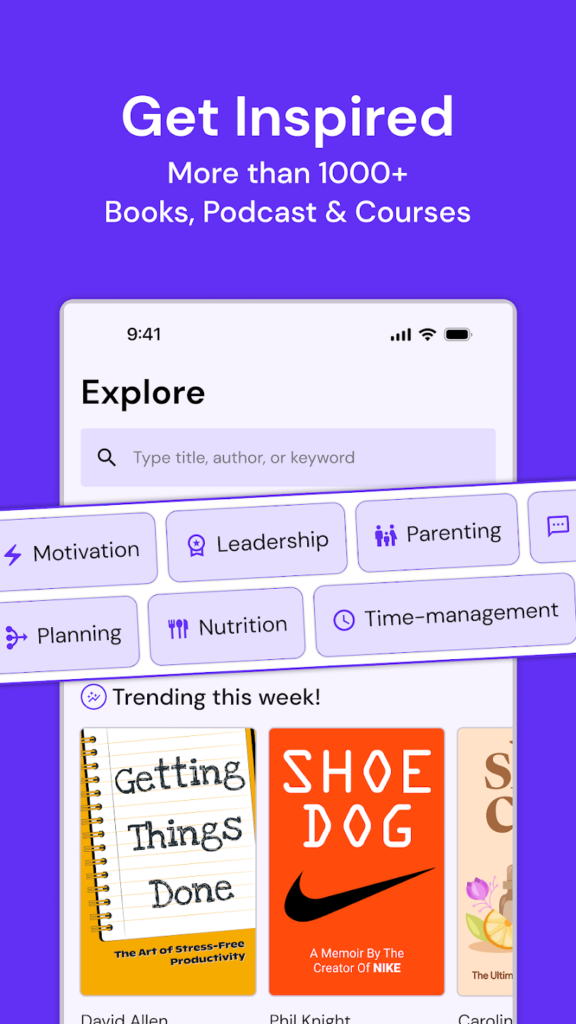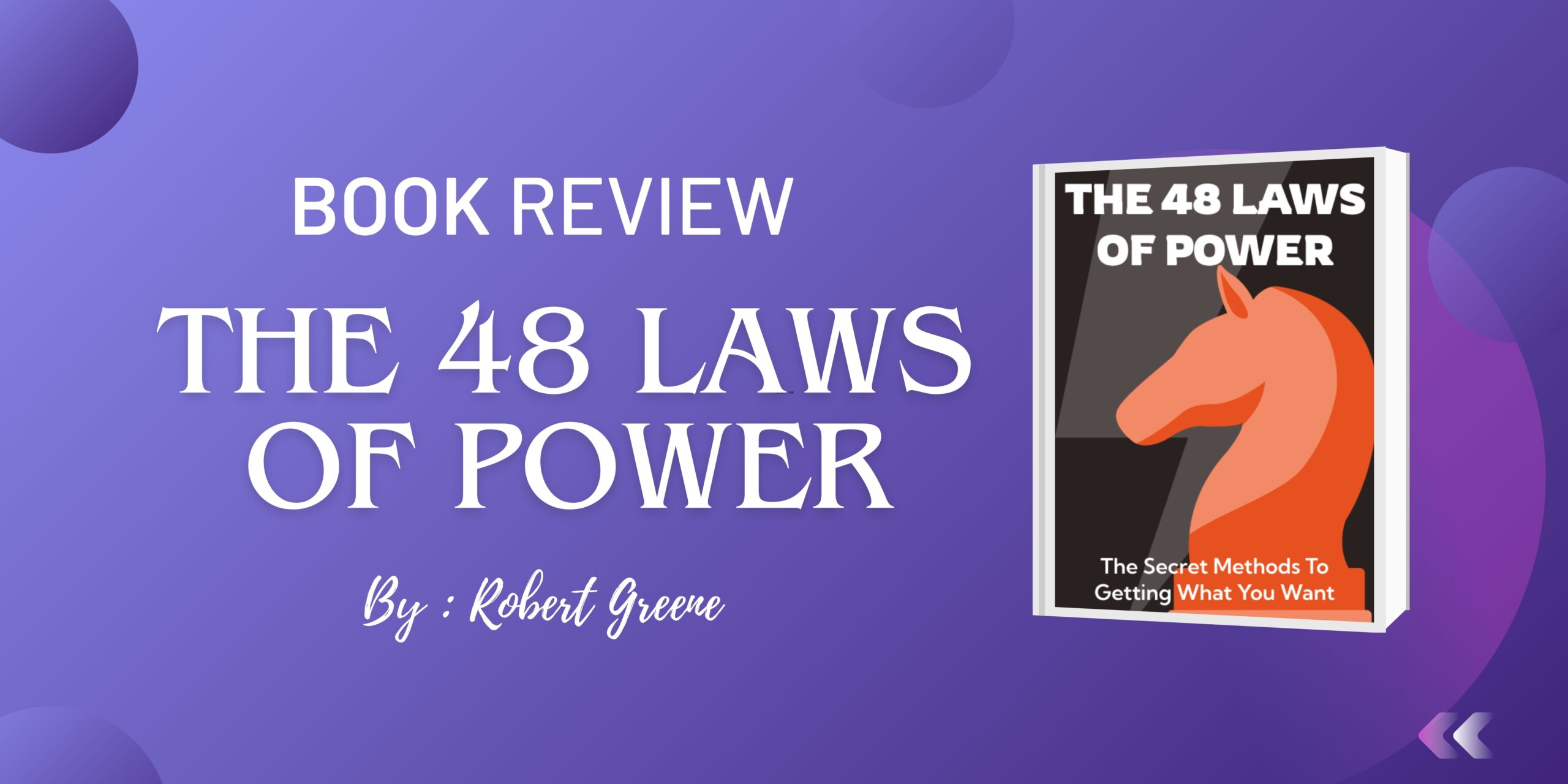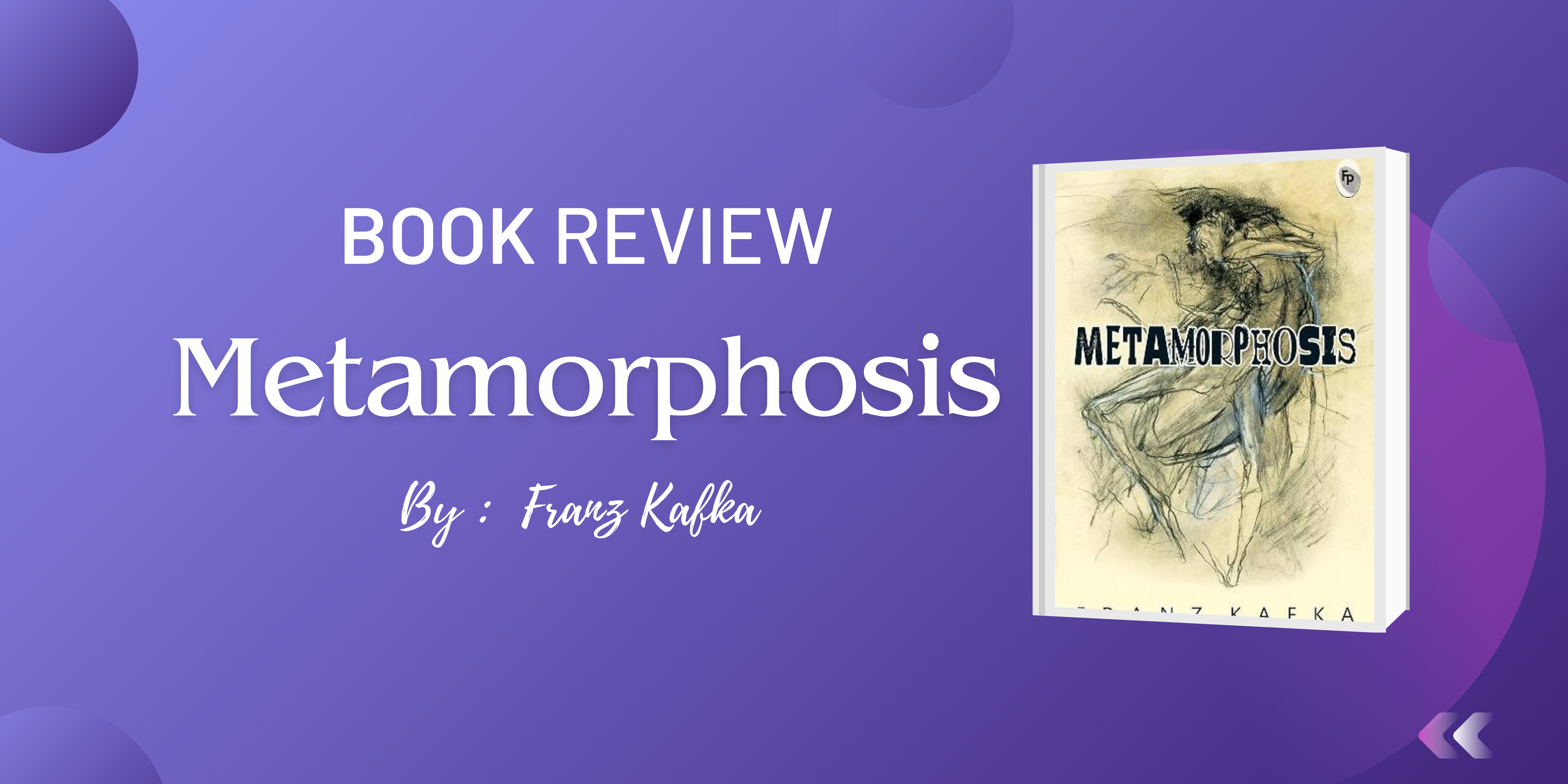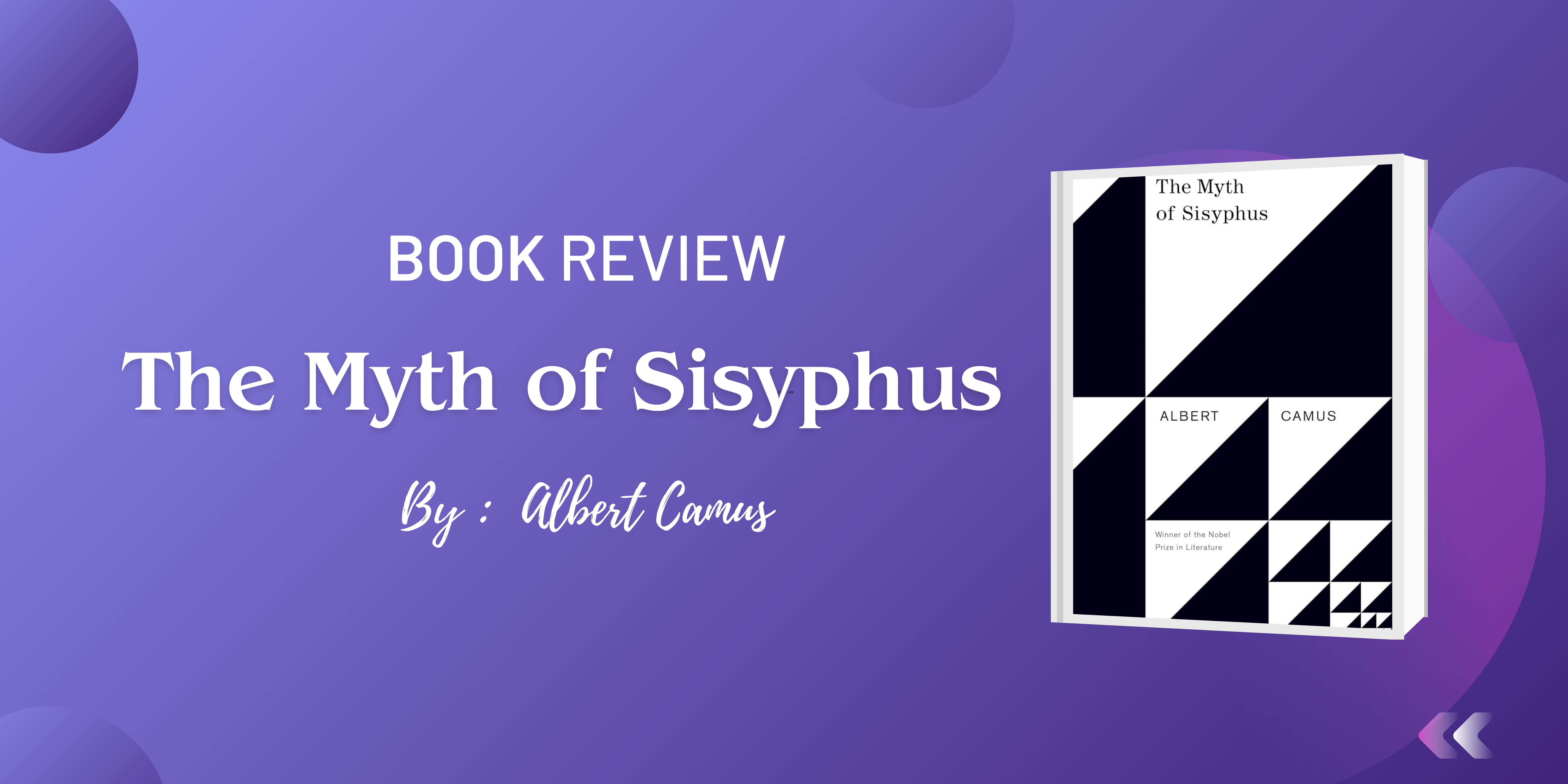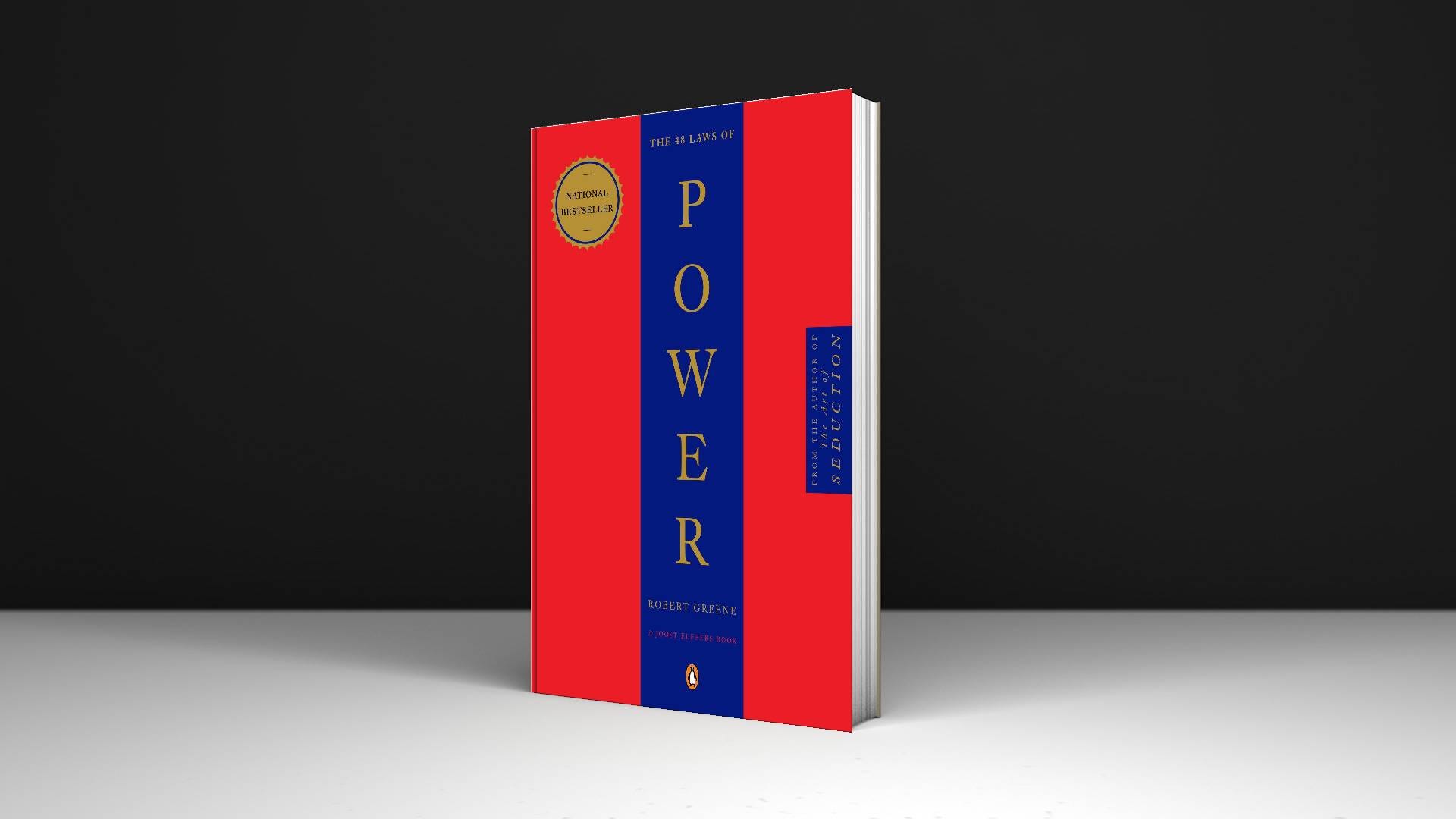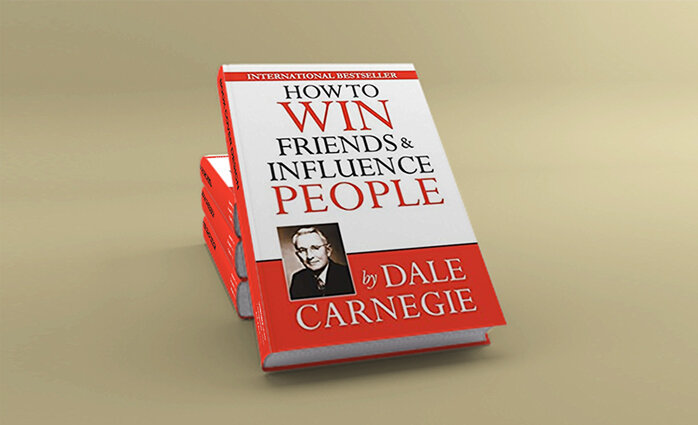
If you’ve ever wanted to make a lasting impression or understand how to connect with people, Dale Carnegie’s ’How to Win Friends and Influence People’ is a must-read. Published in 1936, this book has influenced countless leaders, professionals, and individuals seeking to improve their relationships. And the best part? The principles Carnegie lays out are as relevant today as they were nearly a century ago.
Whether you’re looking to improve your personal relationships, become a better leader at work, or simply learn the art of connecting with people, Carnegie’s timeless wisdom is practical, easy to apply, and incredibly effective.
Contents
What’s This Book Really About?
Carnegie breaks his advice into four simple sections:
- Fundamental Techniques in Handling People
- Six Ways to Make People Like You
- How to Win People to Your Way of Thinking
- Be a Leader: How to Change People Without Giving Offense or Arousing Resentment
In each section, he gives straightforward tips for better communication and relationship-building. Whether you’re struggling to connect with a coworker or want to strengthen a personal relationship, Carnegie’s advice offers a clear path to success.
- The Secret to Building Stronger Relationships: Listen More, Talk Less: Here’s something we all know but often forget: People love to talk about themselves. Carnegie highlights that if you want to win someone’s favour, the best thing you can do is listen. The more you listen, the more you make others feel important—and that’s the key to building stronger relationships. Think about the last time someone really listened to you. How did it feel? Pretty great, right? Carnegie’s point is that, by genuinely showing interest in others, you create trust, understanding, and rapport. The next time you’re having a conversation, practice being fully present. Ask thoughtful questions and let the other person do most of the talking. You’ll be surprised how much you’ll connect.
- Why Criticism is a Fast Track to Disconnection: This is one of the most challenging tips to master, but also one of the most impactful: Avoid criticising, condemning, or complaining. Carnegie explains that criticism puts people on the defensive, often leading to resentment rather than positive change. If you’ve ever been criticised, you probably know how unproductive it feels. Instead of pointing out what someone is doing wrong, try to understand their perspective. If you want to influence behaviour, consider using positive reinforcement or leading by example. This principle can save you from unnecessary conflict and help build a more cooperative atmosphere at work or home.
- The Magic of Genuine Praise: The Small Things Make the Biggest Difference: Let’s face it: Everyone loves to feel appreciated. Carnegie emphasises the importance of sincere, heartfelt praise. It’s not about flattery—it’s about noticing the small efforts people make and showing genuine appreciation for them. The key here is to be specific. Instead of saying “Great job,” try something like “I really admire the way you handled that tough situation with grace.” This kind of praise builds trust and encourages people to continue doing their best. And remember, it doesn’t cost you anything to offer a kind word, but it could mean everything to the person receiving it.
- Want to Win People Over? Find Common Ground: Ever had a disagreement with someone and couldn’t get them to see your point of view? Carnegie advises that one of the best ways to persuade someone is to find common ground. Instead of pushing your own agenda, focus on shared interests or mutual goals. This helps dissolve tension and opens the door for a more productive conversation. For instance, if you’re negotiating at work, instead of framing it as “I need this,” try, “How can we work together to meet both our needs?” Shifting the perspective from “me vs. you” to “us” creates a collaborative dynamic, which makes people more open to your ideas.
- Why Using Someone’s Name Works Like Magic: Ever notice how your ears perk up when someone says your name? Carnegie stresses that using someone’s name in conversation is a simple yet powerful way to make them feel valued. It’s a personal touch that immediately grabs attention and creates a connection. Try to remember names and use them naturally in conversation. Whether you’re emailing a colleague or catching up with an old friend, this small gesture can make a big impact. In today’s world, where so much of our communication is digital and impersonal, this technique is even more valuable.
Applying Carnegie’s Lessons to Today’s World
Even though ‘How to Win Friends and Influence People’ was written decades ago, its lessons are incredibly relevant today. We live in a time where meaningful connection can often feel like a rare commodity, especially with the rise of social media and remote work. But Carnegie’s timeless advice—to listen, show appreciation, avoid criticism, and find common ground—still holds true.

How to Win Friends and Influence People
Dale Carnegie communicate 1936
Available in: | |
In fact, you could argue that these skills are more important in the digital age. We’re often so caught up in our own lives that we forget to stop, listen, and really connect with others. Applying Carnegie’s principles can help cut through the noise and foster deeper, more meaningful relationships in every area of life.
The Habit-Building Checklist: Start Winning Friends Today
Here’s a simple habit-building checklist you can follow to incorporate his teachings into your daily life.

- Listen Actively: In your next conversation, focus on listening more than talking. Ask open-ended questions to encourage others to share their thoughts.
- Avoid Criticism: When you feel the urge to criticise, take a breath and ask yourself: How can I approach this constructively? Try to understand the other person’s perspective before responding.
- Give Sincere Praise: Every day, find at least one person to compliment in a genuine and specific way. Make it a point to notice small efforts and acknowledge them.
- Use People’s Names: Make an effort to remember and use people’s names in conversation, whether in person or over email. Personalise your interactions by addressing people by their name.
- Find Common Ground: In any disagreement, look for shared interests or goals. Frame your arguments around “we” instead of “me.”
A Few Questions to Reflect On:
- When was the last time you really listened to someone, without interrupting? How did the conversation go?
- Can you think of a time when criticism backfired on you? What could you have done in that situation differently?
- Have you recently offered someone a sincere compliment? How did it feel, for both you and them?
So, are you ready to start winning friends and influencing people? Start small, follow the checklist, and watch how these simple changes can transform your relationships.
If you found this review of *How to Win Friends and Influence People* helpful for learning how to build better relationships, imagine how much more you could accomplish by getting quick insights from the world’s best books. That’s where **Wizdomapp** comes in. Wizdom gives you bite-sized summaries and audio versions of popular self-help, productivity, and psychology books, making it super easy to absorb valuable knowledge without having to spend hours reading.
With Wizdom, you can grab practical tips, proven strategies, and expert advice from bestselling books in just a few minutes. Whether you’re on your morning commute, hitting the gym, or winding down for the night, you’ll have access to a wealth of knowledge right at your fingertips. It’s like having the top authors and thought leaders by your side whenever you need a boost of inspiration to stay on track with your goals.
If you’re serious about becoming a better communicator, building strong relationships, or developing good habits, Wizdom is the perfect tool to keep you learning, inspired, and focused. Why not start your personal growth journey today? Download the Wizdom app and unlock the power of continuous learning to take your relationships—and your life—to the next level.

Zia Hawwa
Currently pursuing a Degree in Criminology, Zia’s passions lie in the world of literature and the human psyche. She loves what the world has to offer, and is always on the journey of satisfying her curiosity.

The Best Quotes About Change

40+ Fun Quotes to Brighten Your Day
Recent Posts
- 25 Top Quotes from The 10X Rule to Supercharge Your Ambition
- 10 Books You Must Read to Succeed in Your Career
- 30 Little Tricks for Big Success in Relationships
- 25 Life-Changing Self-Help Books to Read This December: Boost Your Mood and Your Mind
- 25 Amazing Self-Care Tips for December: Wrap Yourself in Joy, Not Stress

